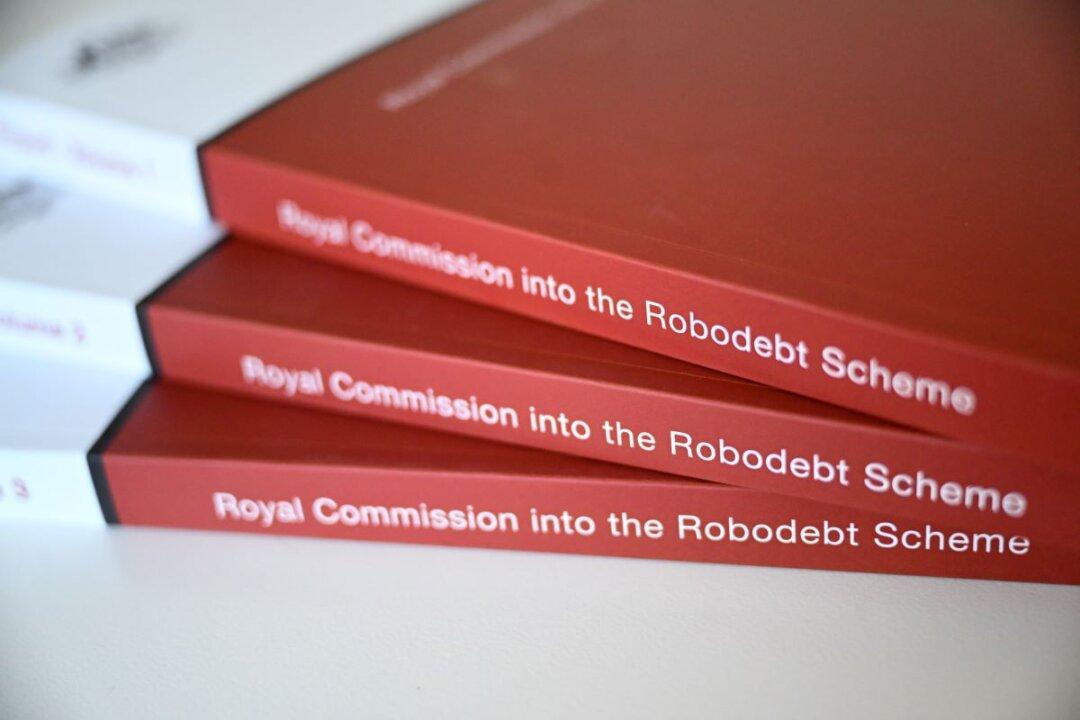Federal police and the anti-corruption watchdog are considering civil and criminal evidence following a damning report into the robodebt scheme.
More than 100 ministers, advisers, public servants and contractors gave evidence in the royal commission, which tabled its report in federal parliament on July 7.





